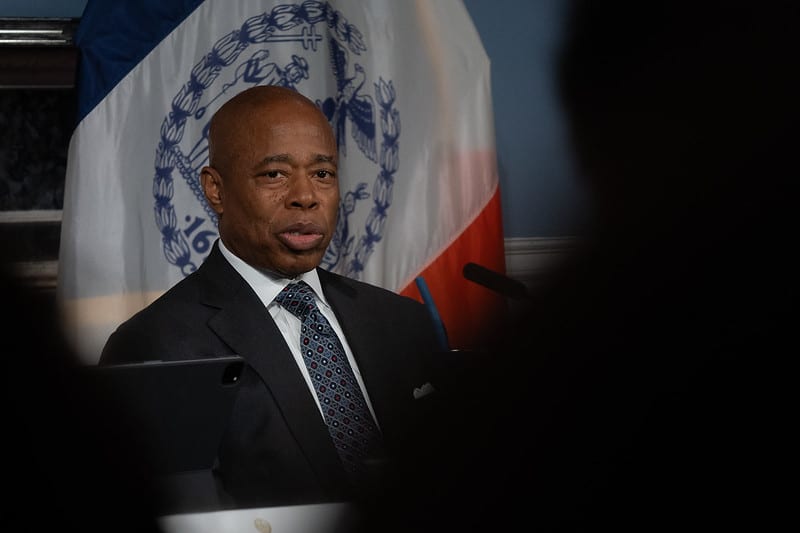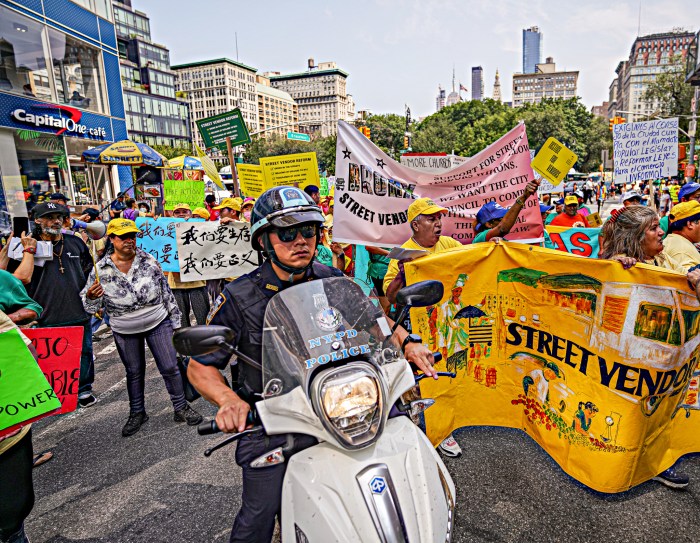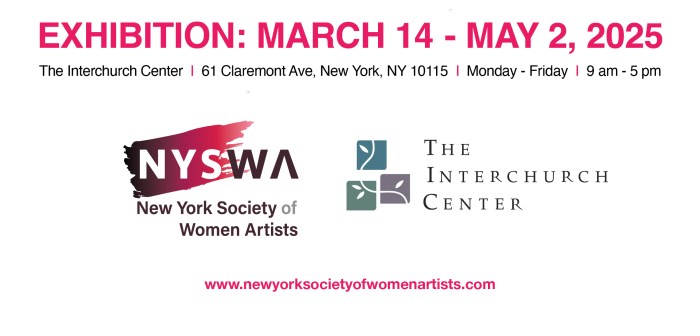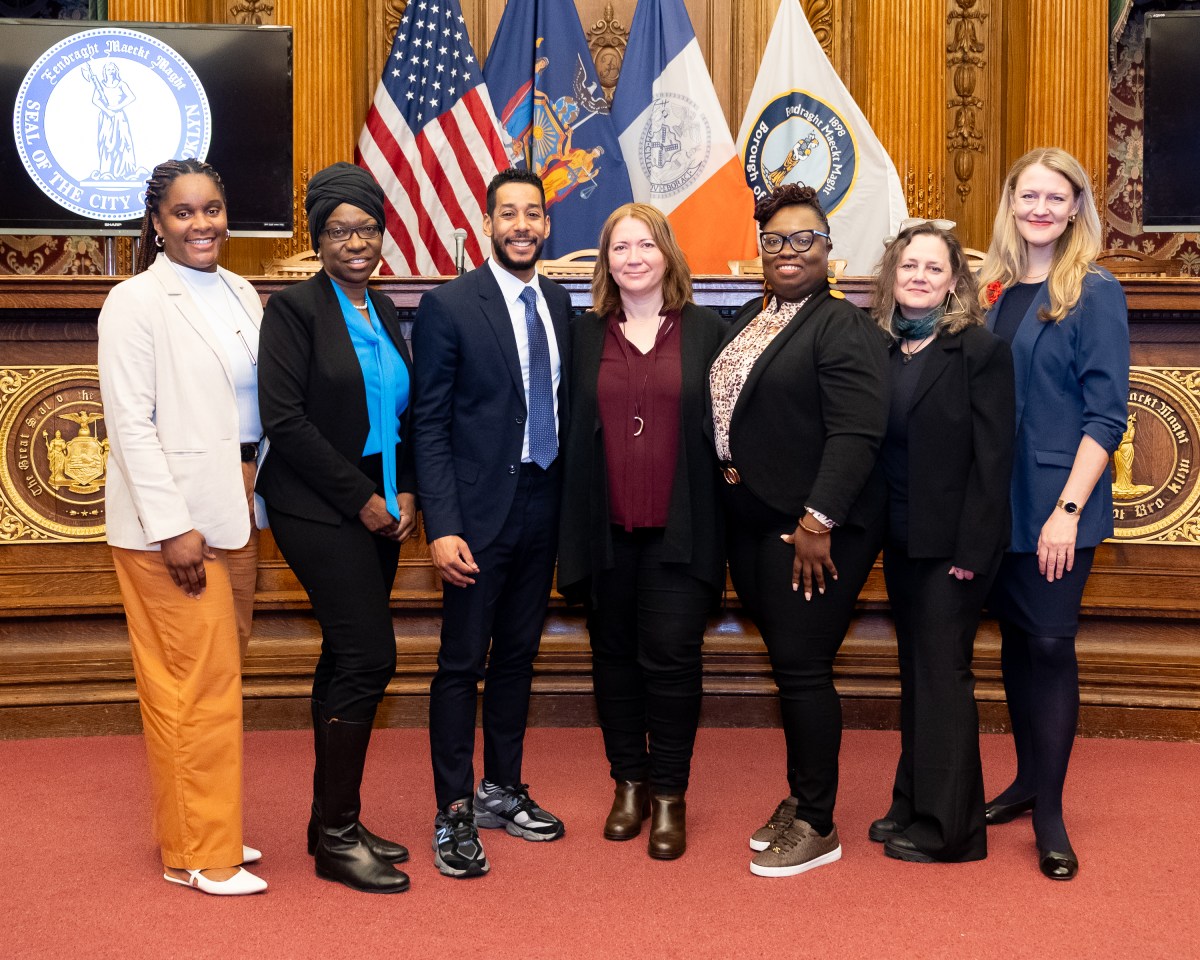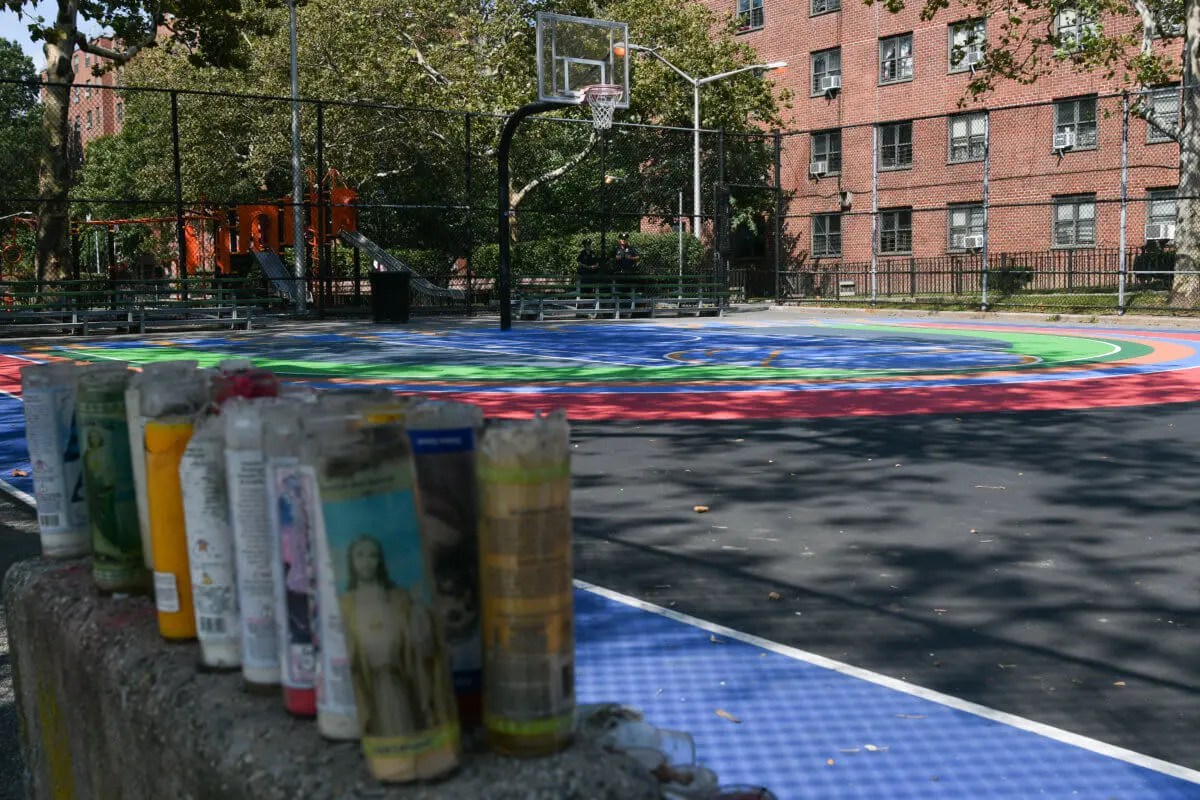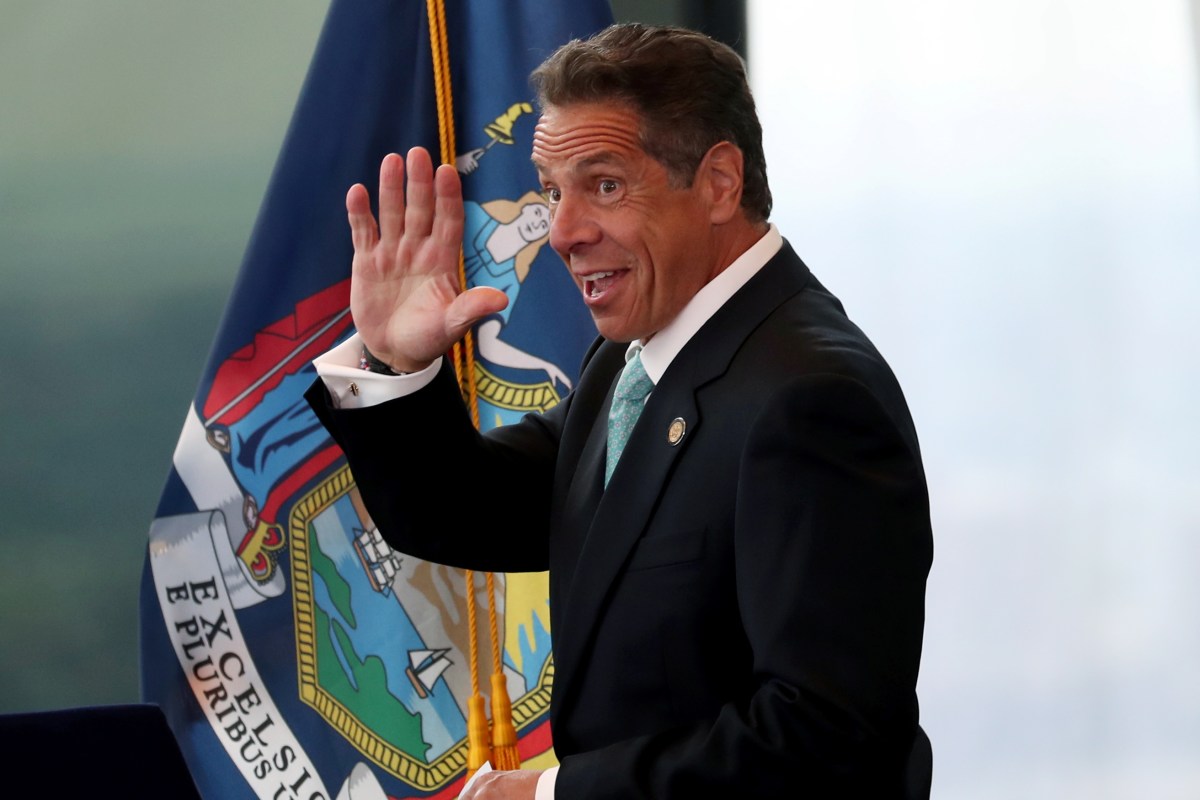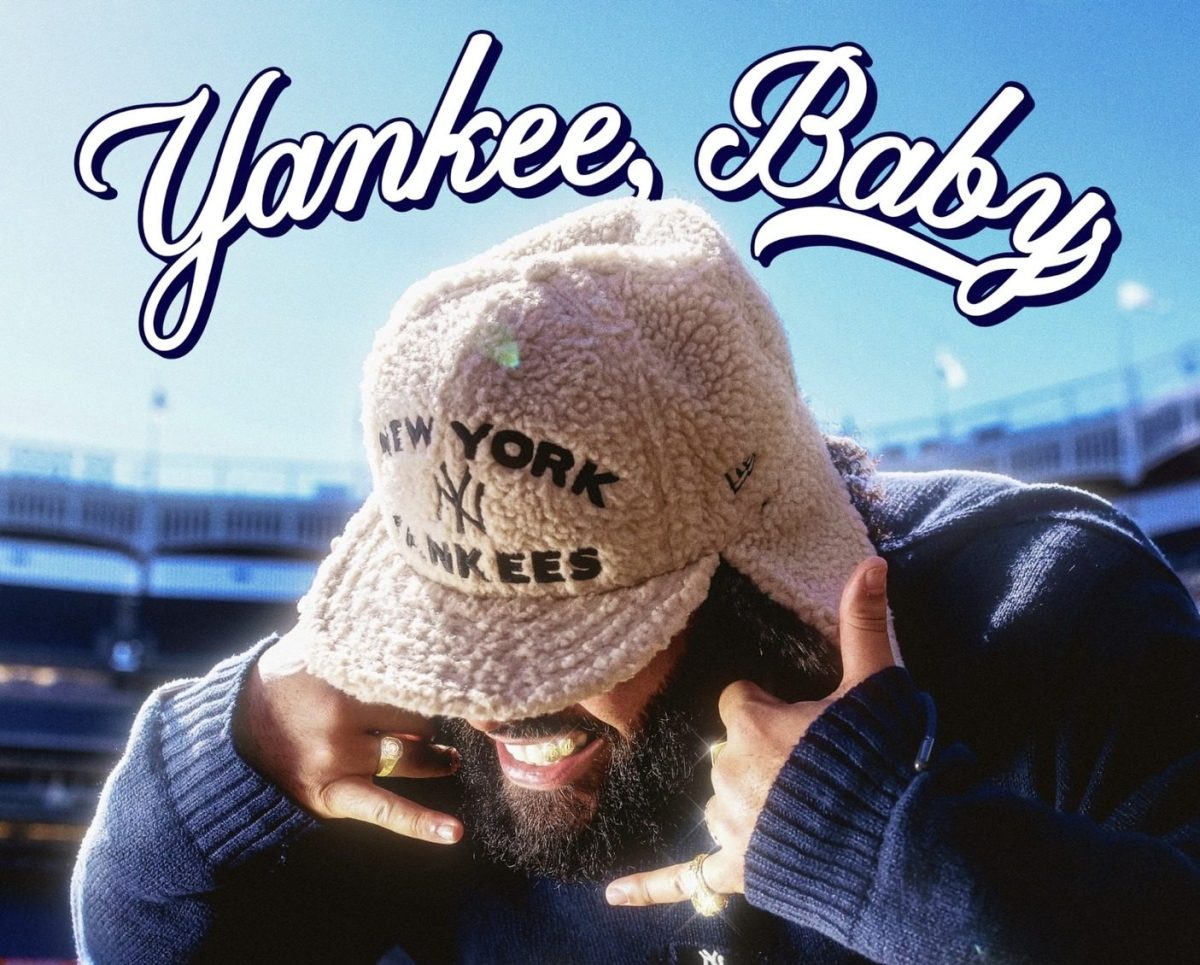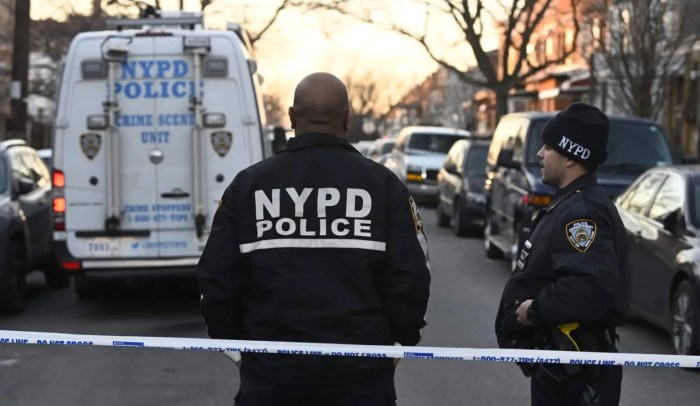New York City is doing away with its surprise multi-agency inspection raids on nightlife venues in response to community complaints that date back to the 1990s and replacing them with an approach focused on communication with business owners, Mayor Eric Adams announced Thursday.
The “Multi-Agency Response to Community Hotspots” (MARCH) policy, which was launched under former Mayor Rudy Giulini in the 1990s, is being supplanted by an approach that the NYPD is calling “Coordinating a United Resolution with Establishments” (CURE).
This new method requires local NYPD precincts, along with the city Department of Small Business Services (SBS), to communicate directly with business owners about any potential violations, giving them several chances to fix the issues before conducting an inspection.
During a news conference unveiling the new approach at the club Paragon in Bushwick, Brooklyn, Adams said that changing the way the city notifies nightlife businesses of potential infractions will help establishments that are central to the city’s economy thrive.
“Today, we’re changing the way we engage with nightlife businesses throughout the city by launching a CURE … to improve public safety responses to nightlife establishments,” Adams said. “We want to better engage business owners to focus on compliance and education, not over enforcement.”
Nightlife establishments include bars, restaurants, clubs and concert venues.
Under the old policy, the NYPD led unannounced night-time raids on late-night businesses along with numerous other city agencies, including the FDNY, city Department of Buildings (DOB) and the State Liquor Authority (SLA).
“MARCH was the wrong way of doing this,” Adams said. “This is something that was put in place in the ‘90s. It was extremely abusive and intrusive in a real way. Many of us can talk about sitting in a restaurant or club somewhere and all of a sudden the lights come on, you have this large number of people that come in and just treat our businesses in an unprofessional way.”
NYPD Chief of Department Jeffrey Maddrey, who was also in attendance, insisted that under the new policy, the only businesses that will see enforcement actions similar to MARCH raids are those who refuse to work with the city to address community complaints.
“The only venues who can expect to see significant enforcement action are those who intentionally ignore community concerns and shun multiple opportunities to collaborate towards solutions with the NYPD and the Mayor’s Office of Nightlife,” Maddrey said.
Cops must go through a series of actions before inspections can be authorized by the NYPD’s Patrol Services Bureau, including in-person visits and meetings during the daytime and providing documentation of incidents, according to City Hall.
However, some are concerned the move could backfire. Conservative Democratic Council Member Robert Holden (Queens), in a Thursday statement, called the MARCH inspections a “vital tool” and said that removing it could send the “wrong message” to businesses that do not follow the law.
“While MARCH operations are not frequently used, they remain a vital tool in addressing the challenge posed by scofflaw businesses that disregard laws and neglect the well-being of their neighbors,” Holden said. “While the city’s commitment to collaborative problem-solving is important, eliminating MARCH operations might inadvertently send the wrong message to the scofflaws. More layers of bureaucracy will only prolong the existing quality of life issues. I hope this does not backfire.”
Read more: Budget Watchdog Raises Alarm Over NYC Spending Cuts



